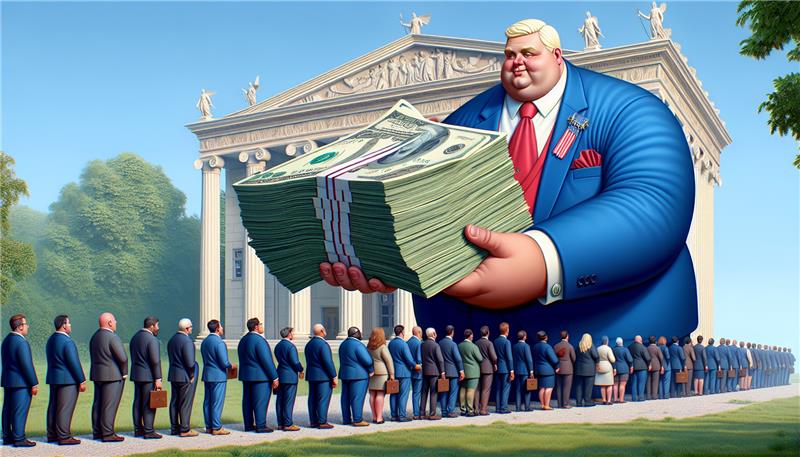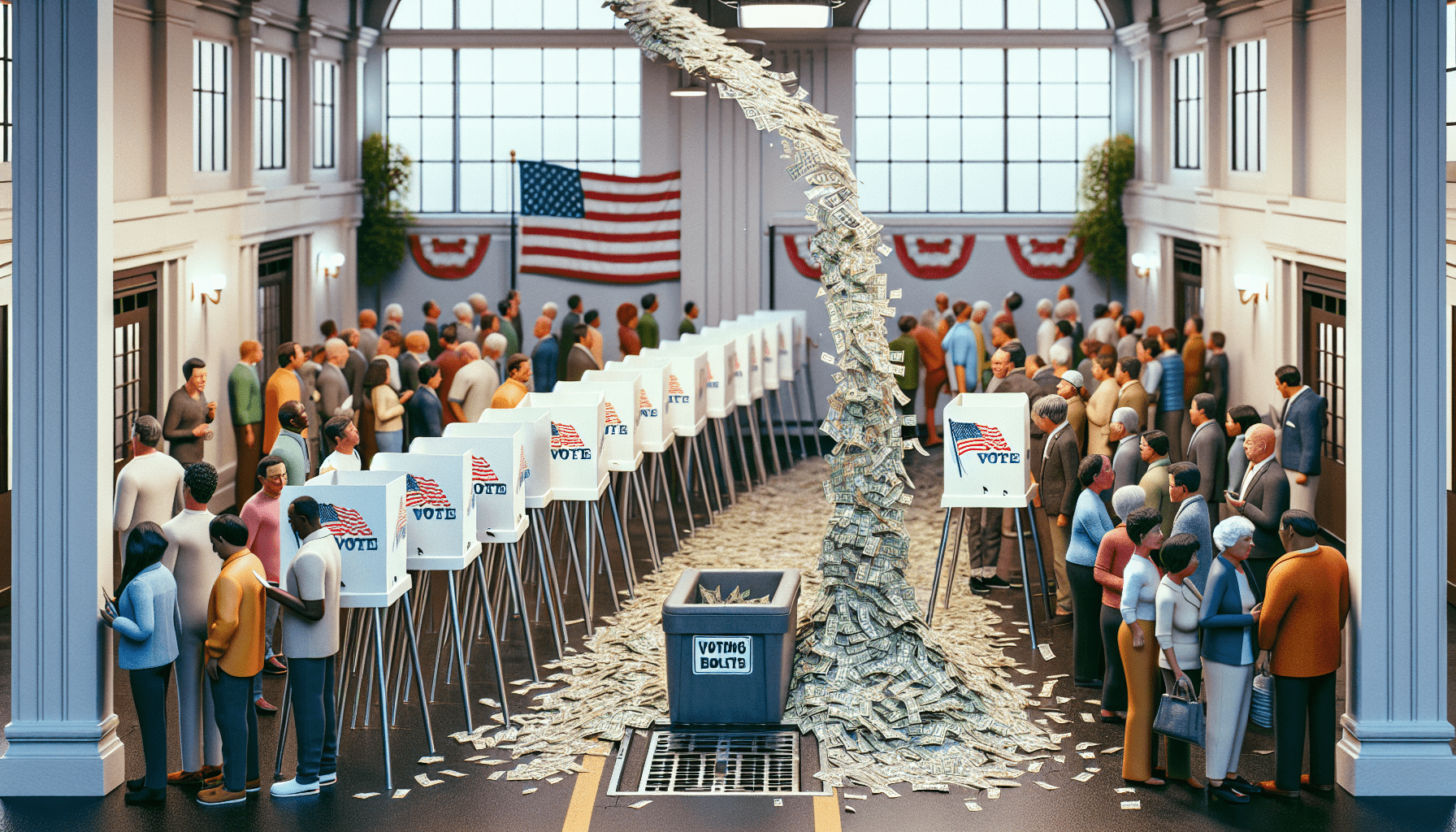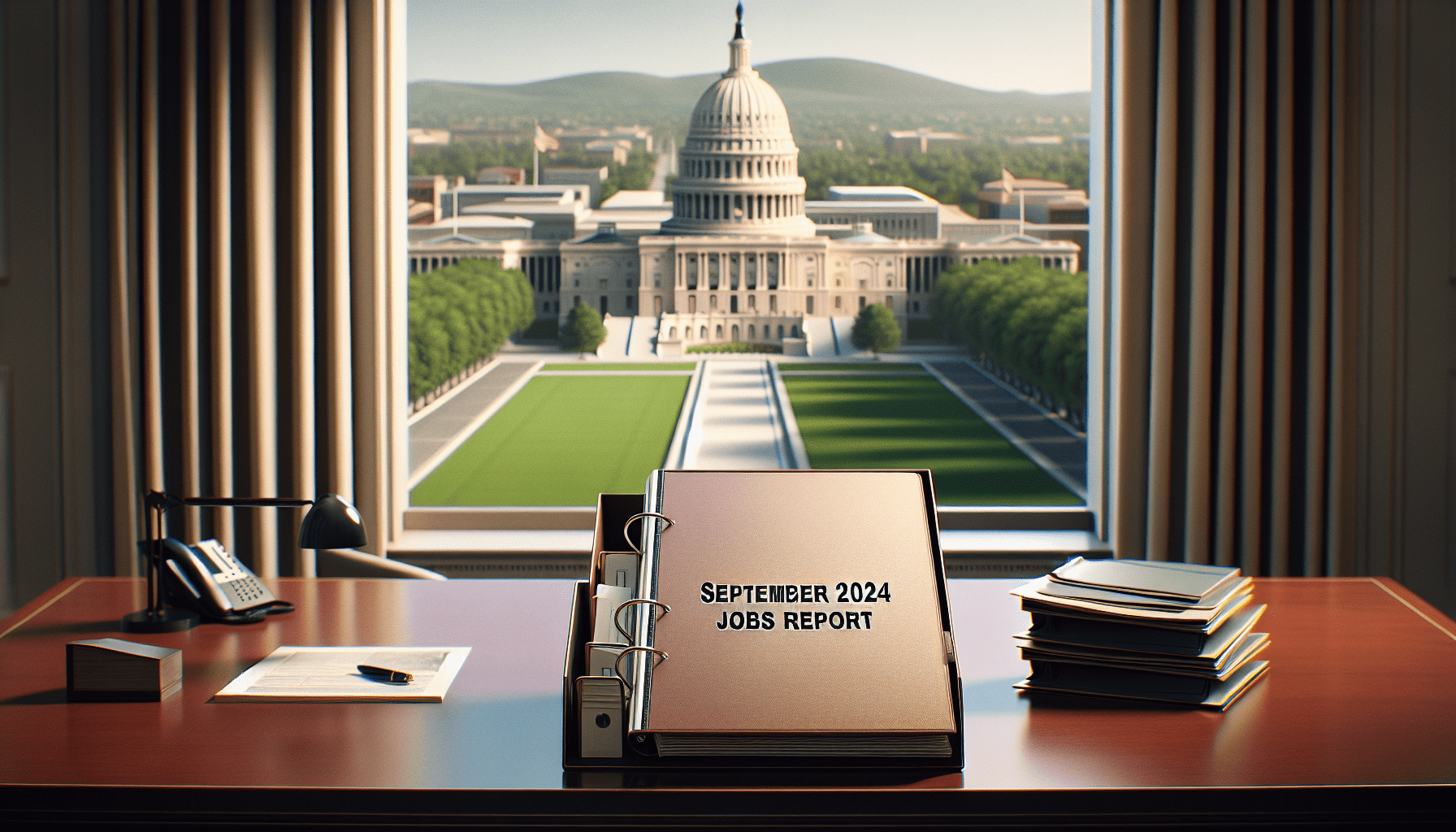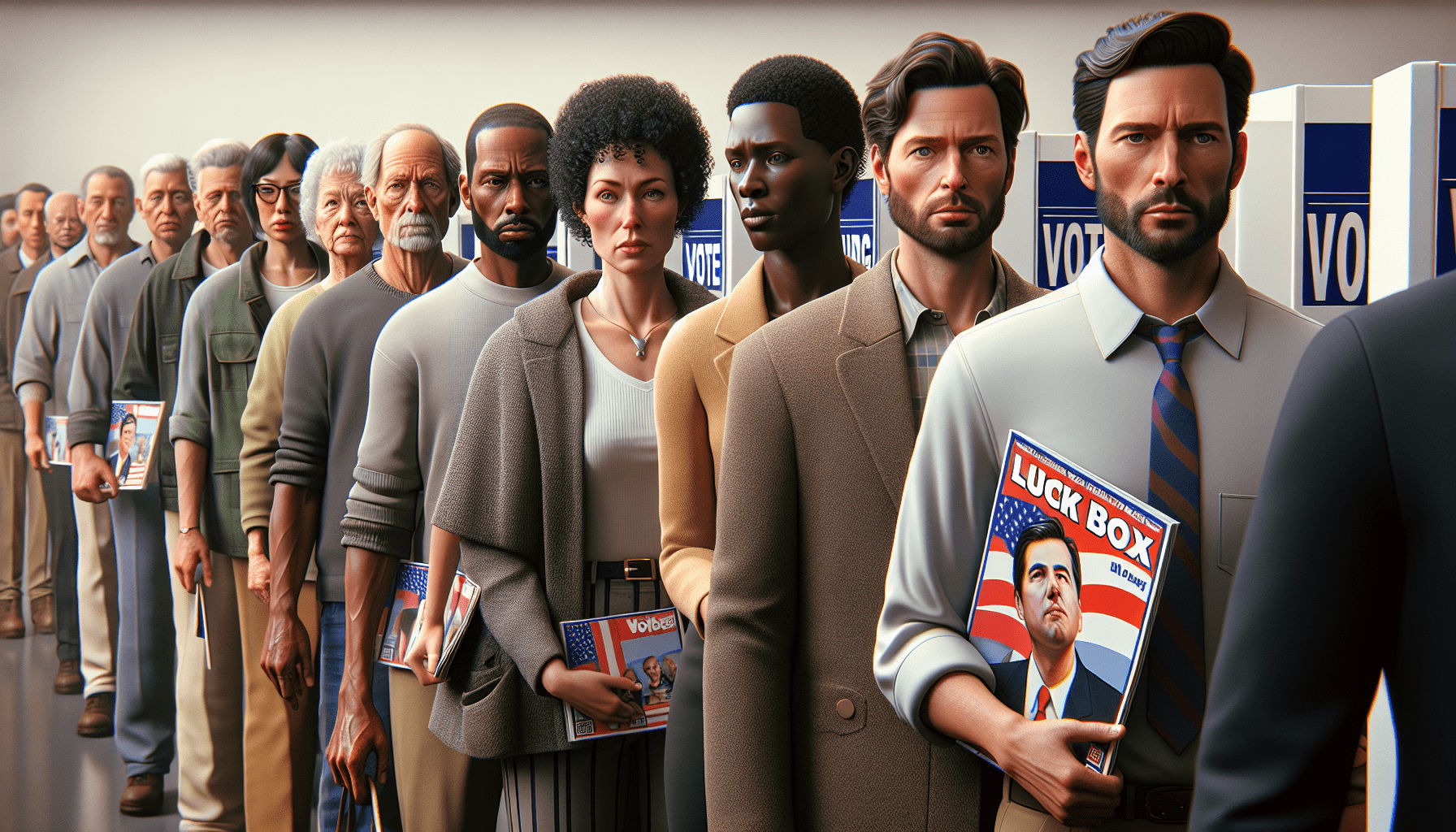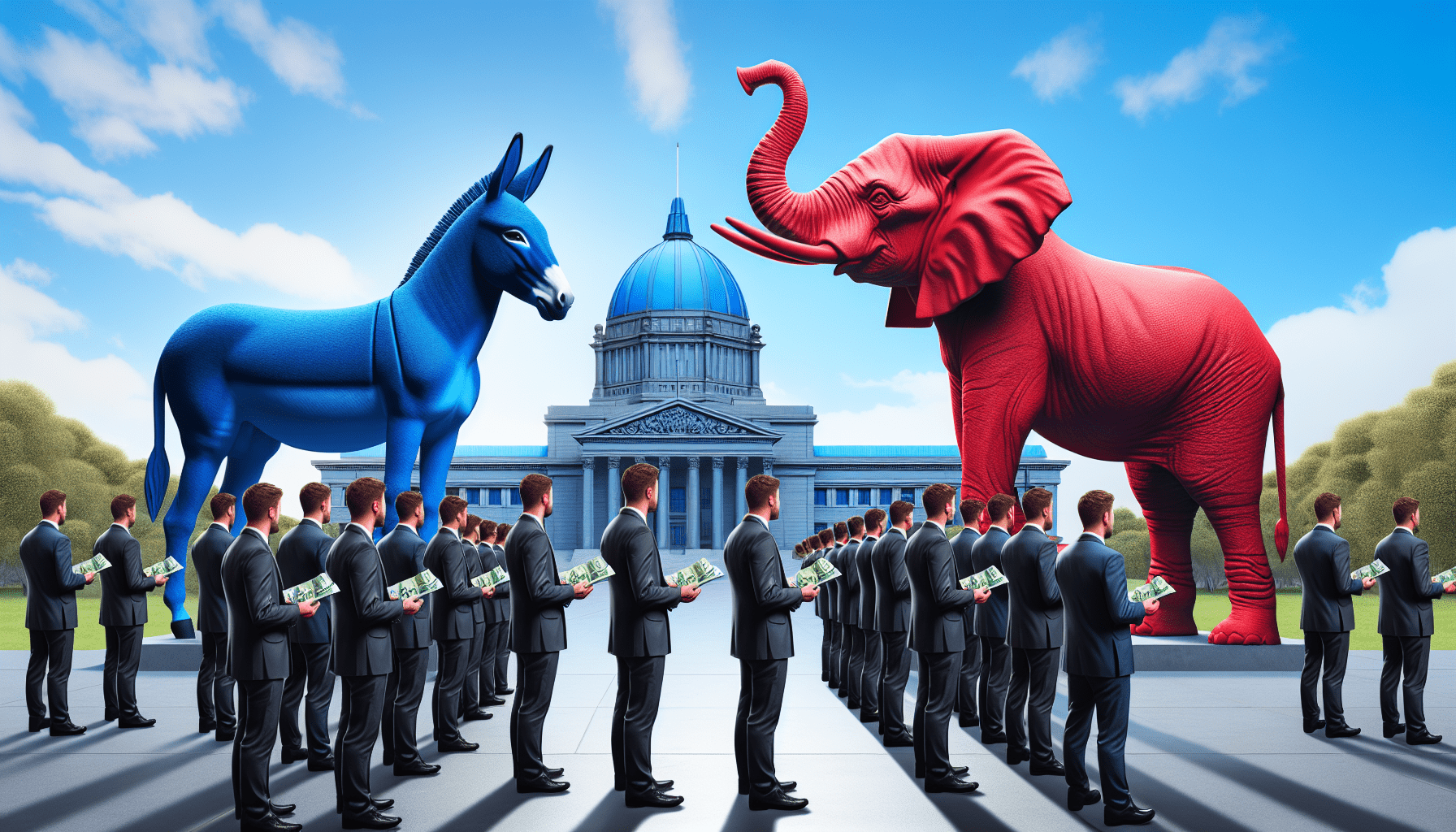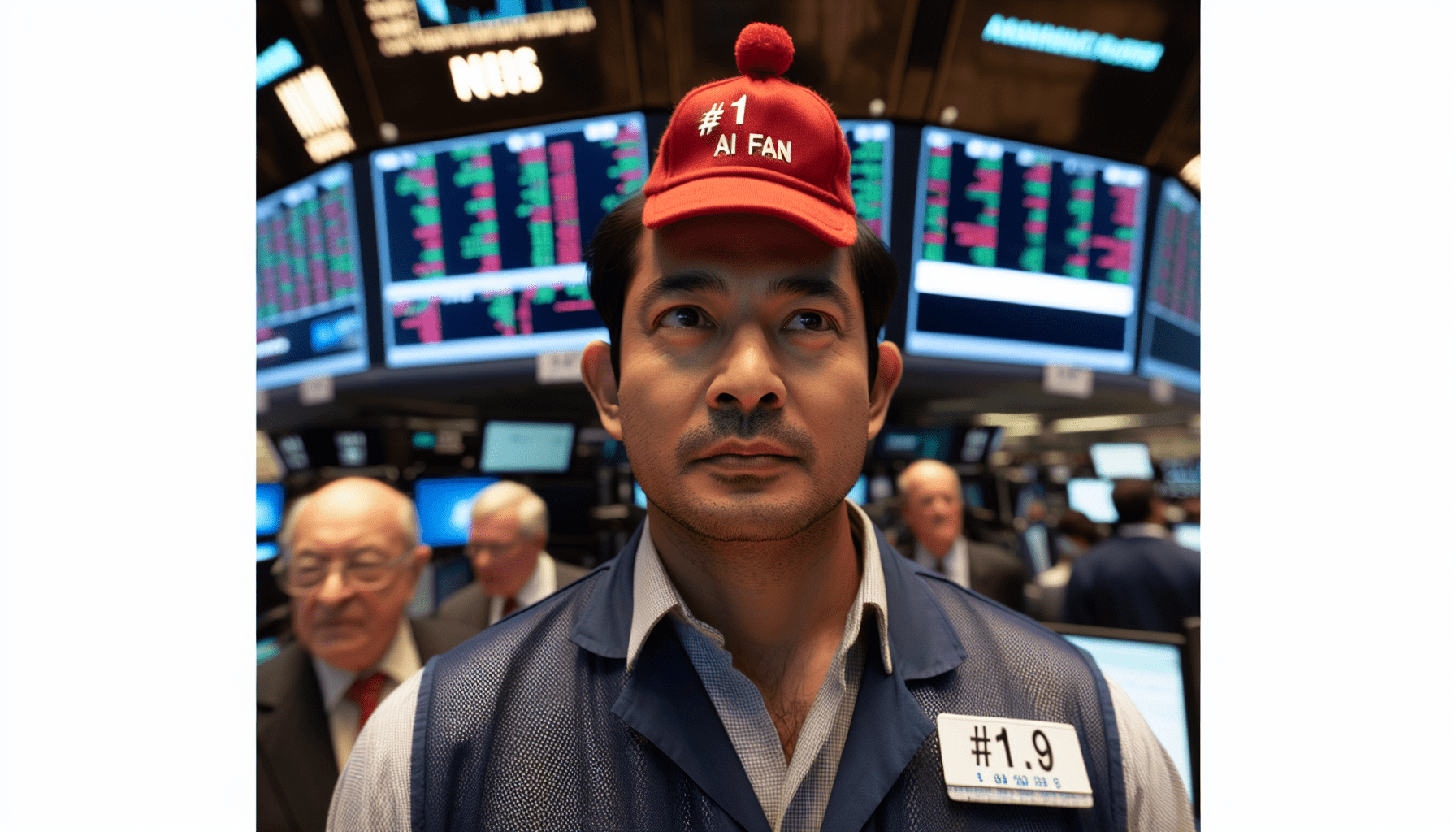Brexit Baffles FX AI
Artificial Intelligence can’t keep pace with currency exchange as the UK exits the E.U.

The sheer volume of Brexit head- lines (number in the thousands per day) is flummoxing curren- cy-trading algorithms. Maybe artificial intelligence isn’t up to the task yet.
Computers are overwhelmed by the torrent of arcane details of UK parliamentary procedures and besieged by rarely noted characters that suddenly appear prominently on the global stage and utter market-moving words. The machines just aren’t programmed to handle this complicated mess.
Bloomberg has sometimes published more than 1,000 Brexit headlines a day, and Reuters up to 400 Brexit headlines a day.
News-reading FX (foreign exchange) algos are programmed to react to all that instantly, but they don’t know what twists or turns the next Brexit stories over the next few moments are going to bring. Trying to hit a moving target might put a trade on the wrong side of the next headline. Artificial Intelligence isn’t quite ready to sort all this out.
Brexit headlines have thrown a spanner in (computers’) works for the sheer number of characters moving the currency on a daily basis.
Reuters describes it this way: “As a divided government battles a divided parliament over a way forward, the chorus of characters who can now influence events has grown, confusing news-reading algorithms…which are designed to parse phrases from recognized speakers before executing a trade.”
Others agree. “The model signals are more quantitative-driven and rely on historical data feeds,” said Neil Jones, head of hedge fund currency sales at Mizuho in London. “Brexit headlines have thrown a spanner in their works for the sheer number of characters moving the currency on a daily basis.”
How big is algo-driven FX trad- ing? No one really knows. But last September, the Bank for Interna- tional Settlements reported, based on survey data, that back in 2016, algos were already submitting 70% of the orders on EBS, a primary central limit order book and a major inter-dealer platform for spot FX.
That would be by all types of algos, but only some algos possess news-reading capability. How large that portion of news-reading algos may have become also remains unknown. But given the mess that Brexit has created for news-reading algos, humans have stepped in to curtail them because they don’t want to take on the risks involved in a big trade ending up on the wrong side of a shift in the Brexit narrative.
Reuters said some hedge funds have opted out of trading sterling altogether because the usual models don’t work in the current climate, according to one FX trader at a major UK investment bank.
Their models are based on economic data and expectations for Bank of England rate changes, but those have become secondary drivers compared with political news, the FX trader said.
Some banks are ensuring that trading the pound is not left completely to the machines while other banks are using tiny orders in narrow trading ranges to prevent large losses, Reuters reported.
Then there are the market makers who provide liquidity by buying and selling currencies on their own accounts. They, too, use algos to set the price they will buy (bid) and sell (offer). But the headline mess around Brexit also exposes them to the risk of ending up on the wrong side of the changing news reports. So they’re setting their algos to offer a wider spread between the bid and the offer, but the wider spread makes trading more expensive.
All of this has consequences, including lower trading volume as currency speculators try to wait out the drama. Citing CLS, a settler of FX trades, Reuters reported that pound trading volume in February was down about 35% to $60 billion a day, from about $100 billion a day before June 2016, when the Brexit referendum was held.
With pound trading volume way down, and with market makers and traders leery of confused and whiplashed algos, volatility has surged in largely directionless trading, even as volatility elsewhere has declined. The soothing aspect of all this is that humans have not let AI-powered FX trading run amuck in a grand manner—so far.
Wolf Richter, editor in chief of wolfstreet.com, writes about business and financial issues with an eye toward exposing shenanigans, entanglements and opportunities. @wolfofwolfst



